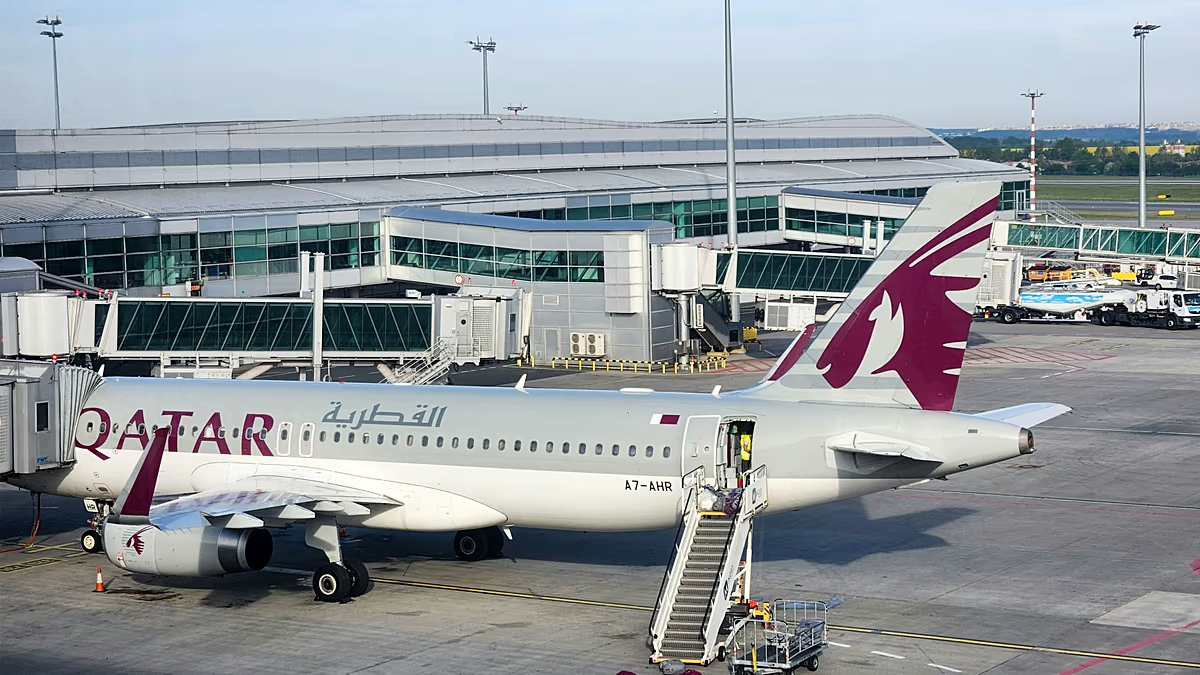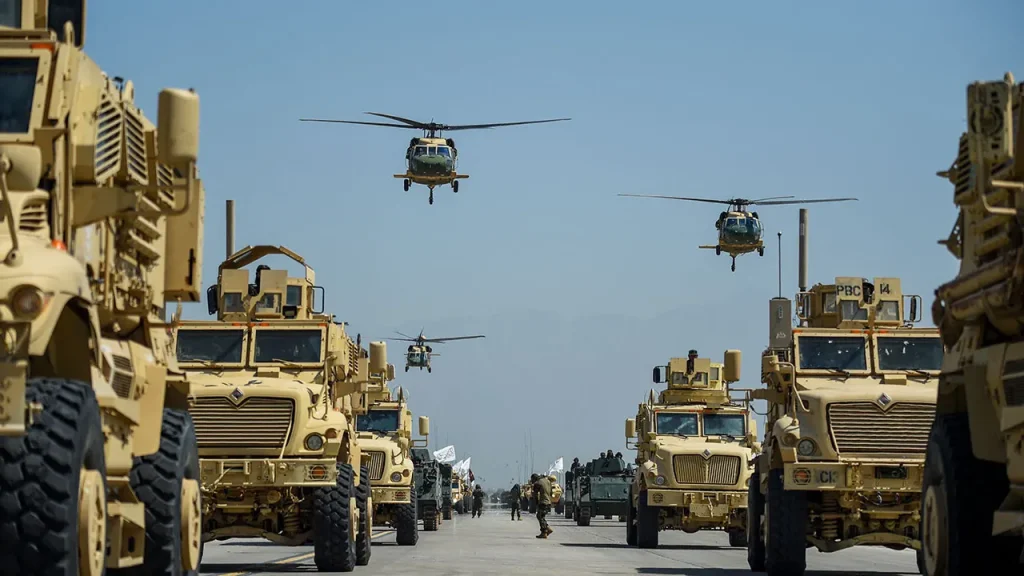The Complex Geopolitical Situation Between the US, Taliban, and China in Afghanistan
Former President Donald Trump recently made headlines with a bold claim that the United States is attempting to reclaim Bagram Airfield in Afghanistan—a base American forces abandoned more than four years ago during the withdrawal. This unexpected announcement has raised eyebrows among experts, particularly Bill Roggio of the Foundation for Defense of Democracies, who believes such an endeavor faces nearly insurmountable obstacles. The situation highlights the complicated web of international interests that have developed since America’s departure from Afghanistan, with China stepping in to fill the power vacuum and establish significant influence with the Taliban government. The geopolitical reality suggests that Trump’s ambition, while perhaps appealing to certain American sentiments, overlooks the dramatic shift in regional power dynamics that has occurred since the U.S. withdrawal.
The Taliban’s resistance to any American return represents the first major hurdle. As Roggio colorfully explained, “I’d sooner believe the Taliban would give up on its Sharia or Islamic law before I’d believe that it would let the U.S. return.” This assessment reflects the fundamental ideological position of the Taliban, which fought for decades to remove foreign forces from Afghan soil. Even if some diplomatic miracle allowed for negotiations on this front, China would quickly intervene to prevent such a development. Beijing has methodically built its relationship with the Taliban since taking power, becoming the first nation to appoint an ambassador to Taliban-ruled Afghanistan in 2023 and sending high-level delegations to discuss economic partnerships. For China, keeping the United States out of Afghanistan represents a strategic imperative that it would defend through various forms of pressure on the Taliban government.
China’s growing influence in Afghanistan stems from its economic engagement with the resource-rich country. When American forces departed, they left behind a nation abundant in valuable minerals including lithium, copper, iron, gold, and uranium—resources that are particularly valuable to China’s industrial and technological development. Chinese Foreign Minister Wang Yi’s visit to Kabul in August underscored Beijing’s serious interest not only in mining opportunities but also in expanding trade relations with Afghanistan. These economic ties represent a lifeline for the struggling Taliban government, which remains internationally isolated and economically challenged. The promise of Chinese investment and development offers the Taliban a path toward economic stability and potential legitimacy that few other international partners can provide. This economic leverage gives China powerful tools to influence Taliban decision-making, especially on security matters like foreign military presence.
The leverage China possesses over the Taliban creates a formidable barrier to any American plans for return. As Roggio explained, “They would pressure the Taliban by possibly canceling those mining rights, by restricting trade, by ending political and diplomatic recognition. These are all things that are important to the Taliban as they try to develop as a government and try to become legitimately recognized.” The reality is that while U.S. recognition might hold symbolic value, Chinese and Russian recognition carries far more practical benefit for the Taliban regime. Trump’s claim that the original 2020 Doha agreement with the Taliban would have allowed the U.S. to maintain Bagram Air Base contradicts the actual terms of that agreement, which outlined a complete withdrawal of American forces. His additional assertion that the base is strategically valuable because it’s “an hour away from where China makes its nuclear weapons” remains unverified, as neither the Pentagon nor independent analysts have confirmed the existence of such a facility near Afghanistan’s border with China.
Beyond the question of Bagram’s reclamation lies a more concerning reality about Afghanistan’s current state. The growing relationship between China and the Taliban creates security risks that extend far beyond regional politics. “The growing Taliban-Chinese relationship is something we should worry about. The Chinese can give the Taliban access to technology—military technology,” Roggio warned. “They could give them the resources that they need.” Perhaps most alarming is how Taliban-controlled Afghanistan has once again become a sanctuary for terrorist organizations like al-Qaeda, which reportedly operates training camps in over a third of Afghanistan’s provinces. The financial windfall from Chinese mining deals could potentially put billions of dollars into Taliban coffers, resources that could indirectly benefit terrorist networks operating within Afghan borders. The situation creates a concerning parallel to pre-9/11 conditions, with Roggio starkly assessing that “Afghanistan looks actually far worse today than it looked on Sept. 10, 2001.”
The reality of Afghanistan in 2024 represents a complex geopolitical challenge with no easy solutions. The American withdrawal, completed under the Biden administration but initiated through the Trump-era Doha agreement, created a power vacuum that China has eagerly filled. Any attempt to reverse this situation through reestablishing a military presence at Bagram would face resistance from multiple fronts—the Taliban’s ideological opposition, China’s economic pressure, and the practical difficulties of projecting power in a hostile environment. Meanwhile, the growth of terrorist safe havens within Afghanistan’s borders creates security concerns that extend far beyond the region. As the presidential election approaches and Afghanistan policy becomes a campaign talking point, the situation serves as a reminder that geopolitical realities often prove more stubborn than campaign promises, and that the consequences of strategic decisions like the withdrawal from Afghanistan continue to shape international relations long after the last troops have departed.















